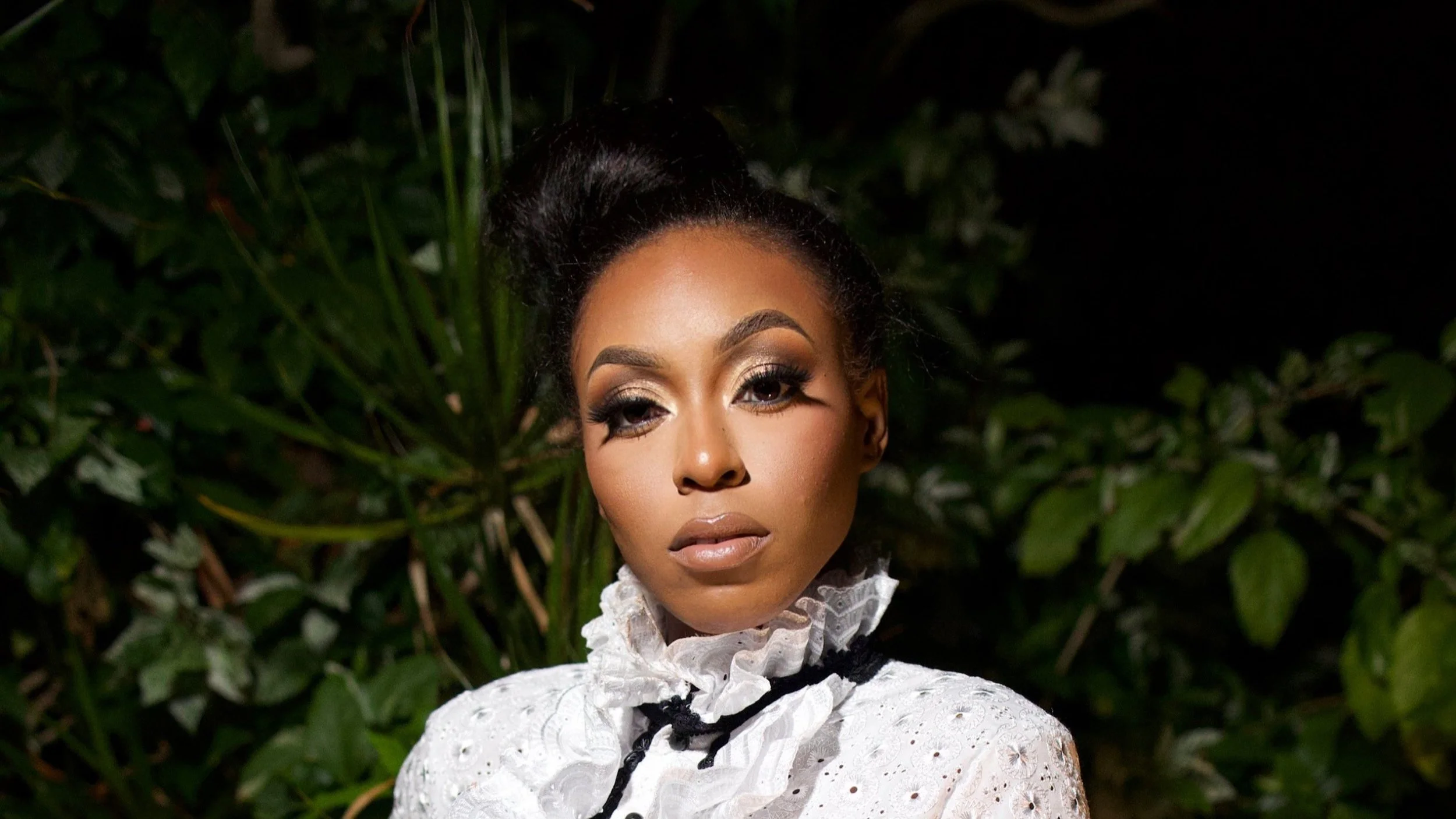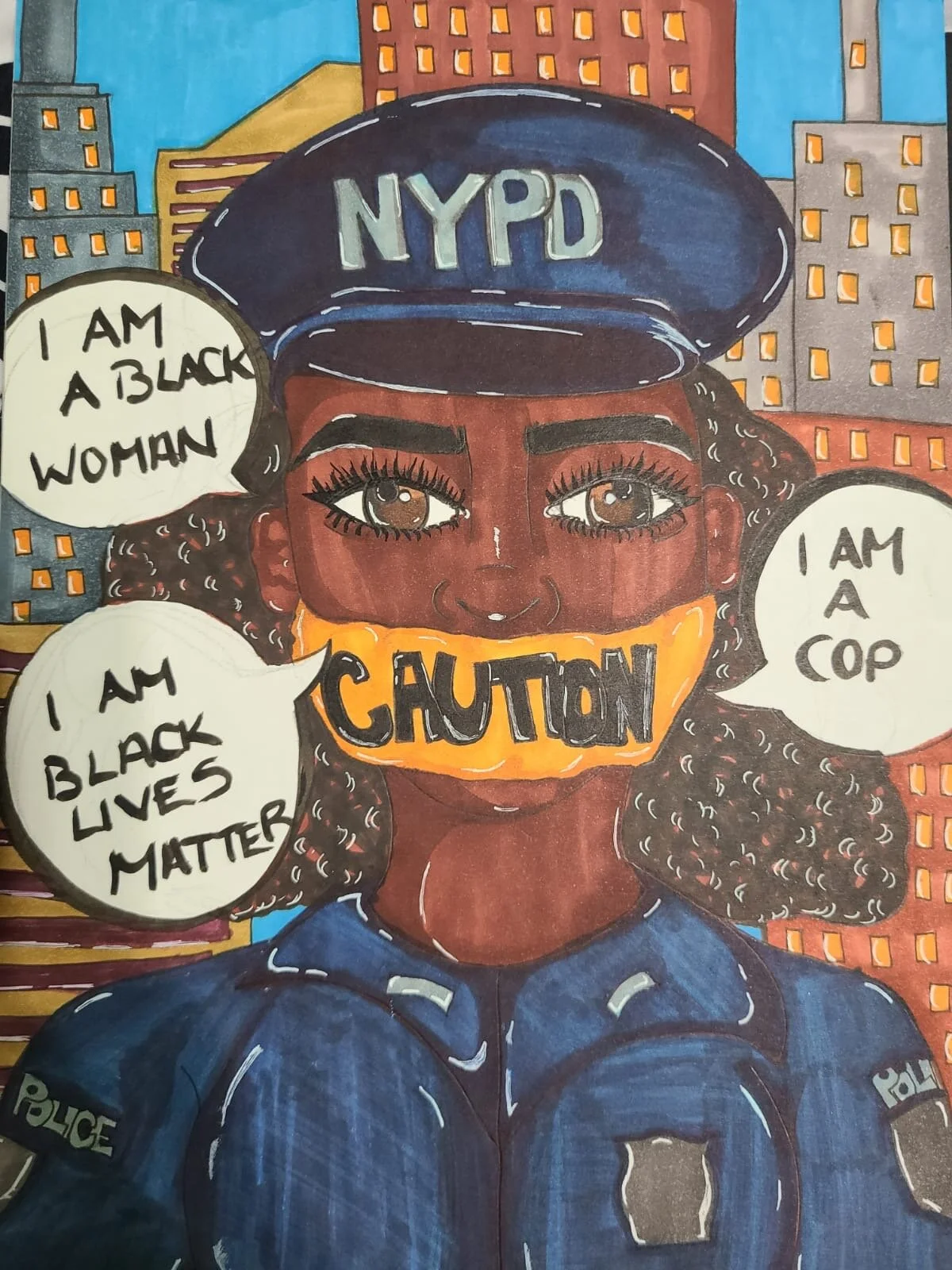President Biden Signs Juneteenth Bill Making it a Federal Holiday
Photo courtesy of Unsplash
written by Cassy
The 2020 death of George Floyd marked a monumental need for change in U.S. history. The public’s outrage concerning civil rights violations and systemic racism gave birth to public protests and anarchy amid a sea of emotions during the pandemic. Our judicial and law enforcement systems were called into question. The result? Major corporations, various industries and law enforcement were called out for lack of diversity and mistreatment of African Americans. Many were forced to re-evaluate their social responsibility.
Fast forward to more than a year later, on Thursday, June 17, 2021 President Biden signed the Juneteenth Bill making Juneteenth a federal holiday.
According to history.com, Juneteenth “...marks the day when federal troops arrived in Galveston, Texas in 1865 to take control of the state and ensure that all enslaved people be freed. The troops’ arrival came a full two and a half years after the signing of the Emancipation Proclamation.” Over the years, Juneeteenth has been recognized as a celebration of the abolishment of slavery in the United States. According to whitehouse.gov:
“Juneteenth is a day of profound weight and power.”
“A day in which we remember the moral stain and terrible toll of slavery on our country —what I’ve long called America’s original sin. A long legacy of systemic racism, inequality, and inhumanity.”
Previous to Biden’s proclamation, corporations started to recognize the day. On June 11, 2020, Nike for instance announced that Juneteenth would be a paid holiday. While many nodded in approval, the question remains: how does this contribute to racial equality in the U.S?
While many major corporations were quick to respond to rising tensions around race, let’s take a look at how Nike’s history leading up it’s observance of Juneteenth.
[Additional Read: HERstory: 5 Badass French Caribbean Women Intellectuals That Need to Be in History Books]
To understand Nike’s relationship with the black community, we need to go back thirty-five years and look at its history with black athletes. For years, Nike has profited from the numerous African American athletes who they sponsored. Yet according to their diversity report, only 21.6% of their workforce in 2019 were Black or African American.
In 1985, in an effort to make their company more appealing to the athletic market, they intently pursued a Chicago Bulls draft pick from North Carolina — Michael Jordan. The plan was simple. If the Nike executives were able to sign a player with Jordan’s potential and market his cultural repository efficiently, they would potentially increase their bottom line. Nike persuaded Jordan into signing the most lucrative sneaker endorsement of its time, offering him a $500,000 contract over five years, including stock options making his initial payment amount to a sum of $7 million. They even paid for Jordan’s fine after he defied the NBA’s strict uniform policy, leading to ads around the league’s ban. Marketing Jordan and Nike as the rebel brand who were highly frowned upon by the NBA, proved to be profitable. The first Air Jordan sneaker, released in 1984, retailed for $65 and pushed $70 million worth of product out in less than two months. By the end of that year, the Air Jordan franchise raked in revenues of more than $100 million!
Nike then went on to adapt and extend their Jordan strategy to numerous black athletes. Bo Jackson, Penny Hardway and Jason Kidd were a few of the athletic moguls who endorsed their own signature line of shoes and marketing schemes. Nike was able to fuse the athletes’ rags to riches story into its brand identity, making it both profitable and a popular household name brand.
Fast forward to recent years, Nike’s marketing messages have championed and defended basic human rights to a certain extent. Their “Part of the Change” campaign partnered with Colin Kaepernick who was drafted in 2011 by the NFL and became a part of the San Francisco 49ers. Kaepernick, who began kneeling during the national anthem before games in 2016 to protest police brutality and racial inequality, has famously not landed an NFL contract since he started peacefully protesting. When he was side-lined, Kaepernick was highlighted in a 2018 ad campaign celebrating the 30th anniversary of Nike’s “Just Do It” slogan. The campaign garnered a lot of anger from some consumers, creating hashtags like #BoycottNike and #JustBurnIt. Nonetheless, Nike continued their relationship with Kaepernick signifying a respect for Kaepernick’s rights to his beliefs regarding civil rights.
While Nike’s efforts are notable, for corporations to truly stand in solidarity with the black community, ally ship should be year- round, not just for February’s Black History Month or as a result of a recent death. In light of the death of George Floyd, Nike chief executive officer John Donahoe sent a letter to employees stating “While we strive to help shape a better society, our most important priority is to get our own house in order.” Nike has also committed $40 million over four years to support black communities in the United States.
While the U.S. still has a long road ahead, Biden’s signing of the Juneteenth Bill says to the world reform starts with recognition. Some would say it’s a significant step in the right direction.
To read the proclamation visit whitehouse.gov.











